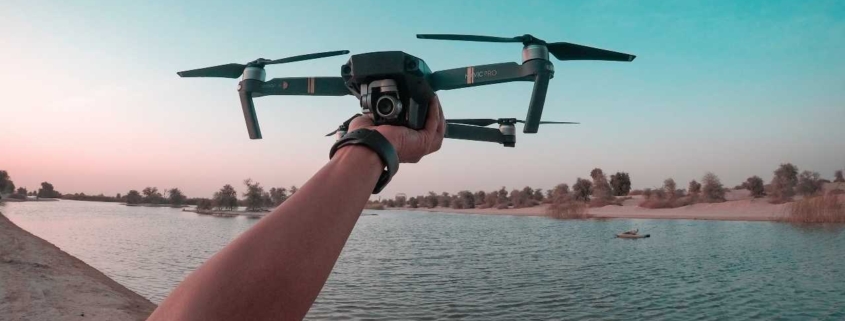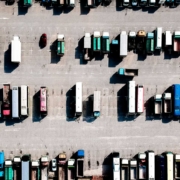Why Drones threaten to fail.
What goes wrong with these kinds of issues is that it is exposed unilaterally. We see the innovation [technical] and only ask ourselves how we will apply the innovation [logistics]
However, society has come to a point where innovations are increasingly having a far-reaching impact on our social, social, environmental, safety and ethical domain.
Some clear examples: Genetic manipulation [health], Big Data [privacy – safety] and therefore also drones.
So doesn’t the cure get worse than the disease? What are the safety aspects, what effect does it have on labor participation, the broader impact on our daily life, what are the environmental effects?
Because we do not sufficiently ask ourselves these questions beforehand, we are overtaken by [subjective] social or political views. As a result, there is a chance that the child will be thrown away with the bath water. Politicians in particular are afraid of social resistance, which can very quickly take on hype-like proportions via social media.
Then as an entrepreneur or developer you should not be surprised that you are being cornered. As has happened in the US now, where a total ban on Drones has been legally established. And that is unfortunate, because in rural areas, a Drone can offer a great solution for certain problems, such as delivering small medicine packages or deploying disasters to quickly provide basic services if the area is inaccessible.
It is up to companies, development centers and universities et al. to ensure that their innovations are viewed and developed within a broader context from development. So that it is clear to society what the added value and what side effects there are. Only then can we avoid being overtaken by sudden social resistance, which can potentially nip any good idea in the bud.
Source: http://www.logistiek.nl/social/transport__distributie/discussies/553#reply_1362









